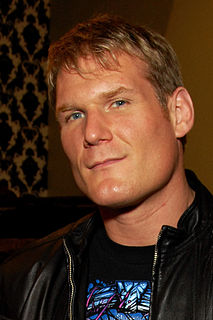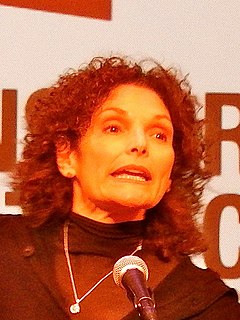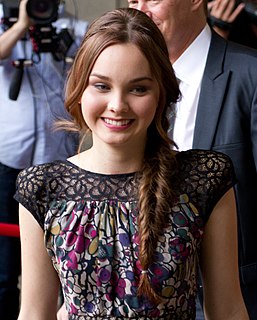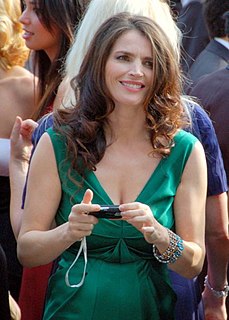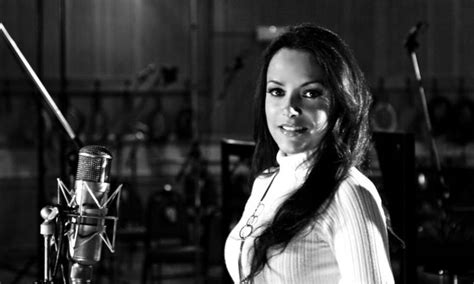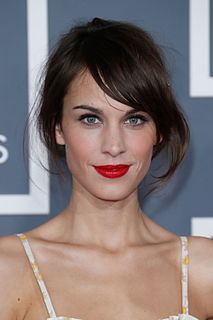A Quote by Gene Wilder
What good is a character who's always winking at the audience to let them in on the secret?
Related Quotes
The Right said, [Barack Obama] is lying, he's a socialist who pals around with terrorists, he's a secret Muslim and blah blah blah. That was their line. The liberals all said, He's winking at me, I can feel him winking in my direction. He wasn't winking. He said exactly who he was and he's lived that out perfectly.
I always want the audience to identify with my character in some way. I mean, sometimes you'll get characters that aren't very identifiable. Sometimes you can't relate to your character at all. I think it's important to keep the audience interested. But the best advice that I've gotten is to live in the moment.
I don't even know why, but my entire career is contemporary films. Entire career! There's no period movies - there's one - but there's no period movies, no special effects movies. I just do character studies and so, some of them are gonna bump into each other, but I love the challenge, with a good script. I love the challenge of playing not a very pleasant or attractive character that seduces an audience or wins an audience over by the end.
I never look at twists as a way to trick the audience. Obviously, I think a good story has surprises and unexpected turns, and you always want to do that with an audience. But it has nothing to do with conning them or making them believe so strongly in one thing and then kind of going the other way.
Whatever character you play, whatever film it is, whatever story it is, for me, in my training it's always something that gives you a layered character, it's understanding the secret of that character, and so whatever comes up as "Oh, I thought that person was that," you are always carrying that within you. So actually what you're playing all the way through is both and it's just what comes out in the scene or the circumstance.
I fell in love with the classical crossover genre when I was on AGT. I found out that I could use the microphone to establish a deeper intimacy with the audience. I did not portray an opera character; I was my true self. I would sing a four-to-five minute piece for the audience and then I could talk to them and say "Hi" to them! I would not need to act out scenes where my character was dying from tuberculosis or killing somebody else on stage, I could have a nice conversation with them.




